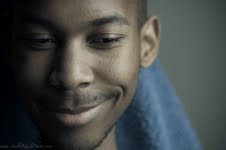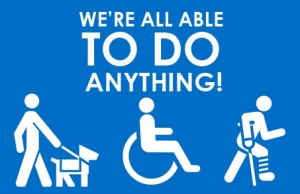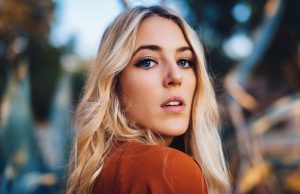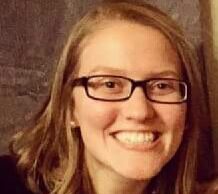A Photo-essay: Decolonizing My Body, My Being
By: Edward Ndopu
In the winter of 2011, almost three weeks before my twenty-first birthday, I had the extraordinary pleasure of joining forces with photographer Saddi Khali, a visionary artist celebrated for producing exquisite nude portraits of black and brown bodies. In fact, I myself commissioned him to photograph me nude. Initially, I was enthusiastic about the idea, but when Saddi agreed to a photo shoot, I was petrified. And not because I would be taking my clothes off for a man I barely knew, but rather, because I knew that the bodies he was used to photographing looked nothing like my mine.
I was deeply worried that he would react negatively to photographing a body that is rendered undesirable in our cultural imaginary, a body that personifies the bottom rung of otherness. In our cultural imaginary, my body is a battleground in the fight against the real threat of violence, of being institutionalized within the medical industrial complex and of experiencing deeply entrenched economic, cultural and social oppression, simply because I move through the world as a black queer femme man who lives with a visible disability.
But precisely because I move through the world as a black queer femme man with a visible disability, I wanted to be photographed nude, primarily as an act of defiance, an attempt to challenge the white, hetero, cis* normative, “able” bodied standards against which desirability and body acceptance is measured. I had a conversation with Saddi beforehand, explaining the impetus behind my motivation to want to work with him.
On the day of the photo shoot, he reassured me that, in case I was feeling anxious about being naked in front of the camera, which I wasn’t, I had absolutely nothing to worry about. He told me that he was experienced, which I already knew, and that he had seen countless naked bodies, of many shapes and sizes. He was professional, patient and polite in his attempt to set the right tone for the photo shoot. But, he sidestepped the elephant in the room. We both knew that this photo shoot was going to be different than photo shoots he did in the past.
I felt his hesitation as he laid out his equipment in preparation to take the first picture. I clung tightly to my robe, listening intently to my heaving chest. In my head I was starting to regret it all. My biggest fear was that he would make a spectacle out of my body, failing hopelessly to immortalize it as a representation of resistance against hegemonic bodily aesthetics. While my mind was racing about the potential catastrophic outcome of this photo shoot, Saddi took out his laptop and played neosoul tracks as background music. He said the music necessitated a comfortable and warm ambience. Though, I think this was also a way of deflecting our attention from the awkward silence in the room.
As soon as Saddi was ready to begin photographing me, I gave the go-ahead for my personal attendant in the room to undress me. I then positioned my wheelchair beside the window because Saddi indicated that he only works with natural light. As I stared out into the parking lot, he took several side profile shots. Then, he paused, looked at the images, and stood silent. His awkward facial expression unnerved me. After a few seconds, he relaxed his face. Smiling broadly, he turned his camera around and showed me a few of the images he took. I was impressed and relieved at the same time. My body looked amazing. The angle from which he shot was perfect, because it accentuated the magnificence of my frame.
I had never felt so in awe of my body before. I looked up, nodding in approval. He looked into my eyes and then started tearing up. “I get it”, he said. “I get it!” My heart swelled with joy because I knew exactly what he meant. He understood the purpose of the entire exercise. He realized that he wasn’t just photographing a naked black queer femme man with a visible disability, but essentially, peering into my consciousness and extrapolating a truth I already knew: that my body, that all of our bodies, are worthy of aesthetic adulation, that communities, institutions and power are at fault for constructing beauty, desirability and body positivity in reductive, myopic ways.
Working with Saddi Khali was one of the most validating, affirming and moving experiences of my life. The entire process, from beginning to end, was an act of ontological decolonization – a declaration of ownership over my own body. It was the best birthday gift I could have possibly given myself.













Pingback: CATCH FIRE › Edward Ndopu on Queerness (+ Short Introduction)